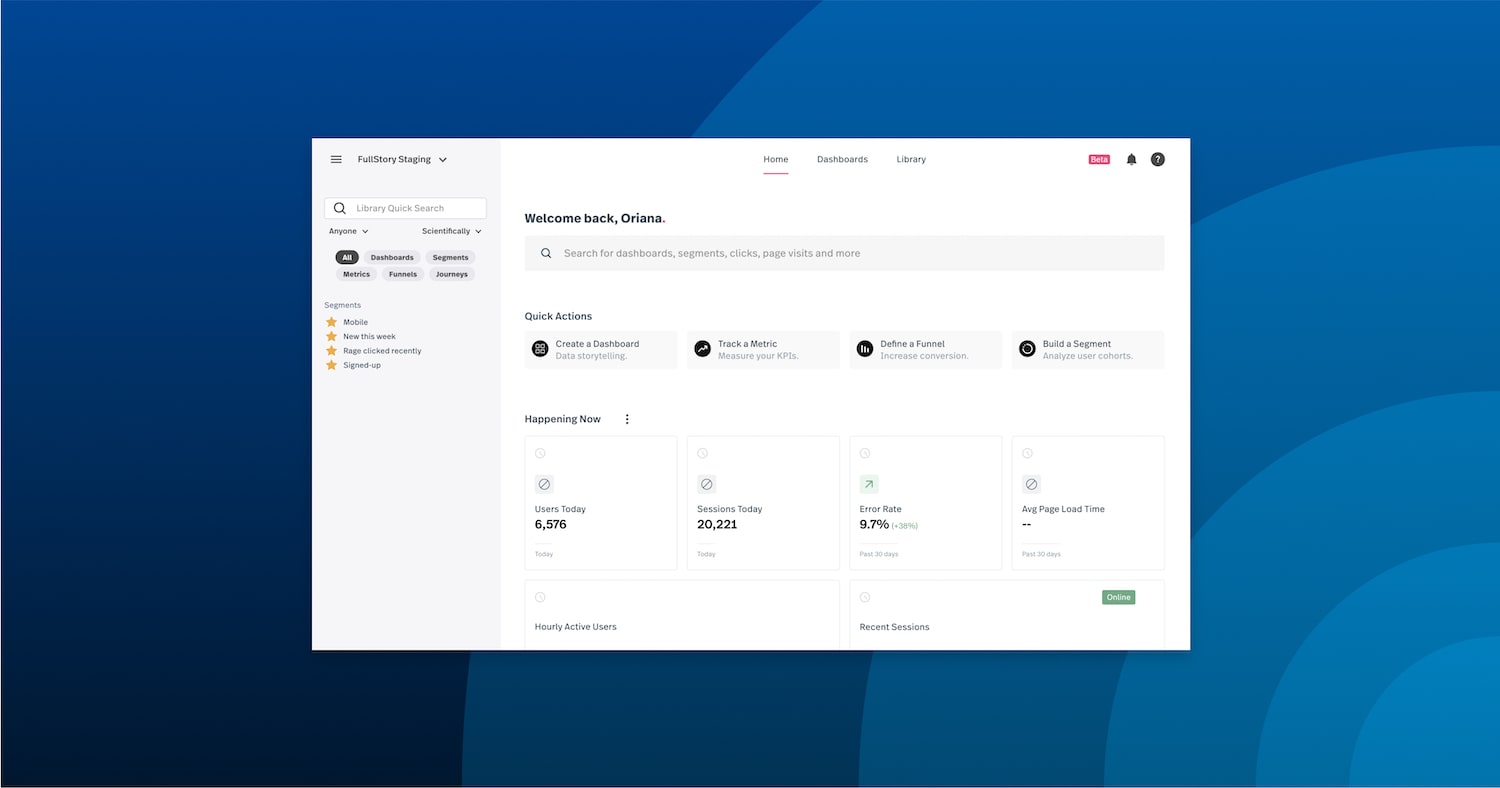Make The Most Of Development: How Analytics Drive Better Strategies
In today's data-driven landscape, organizations significantly recognize the essential duty of analytics fit reliable growth strategies. By using data understandings, organizations can refine their operational methods, prepare for market changes, and enhance customer interaction. The difficulty lies not just in collecting information but in successfully analyzing it to drive substantial end results. As we explore the key benefits and techniques linked with analytics, a vital inquiry emerges: exactly how can organizations guarantee they are leveraging these understandings to open their complete potential? The answer may redefine the future of strategic planning.
Recognizing Information Analytics
Data analytics is an organized computational evaluation of information that makes it possible for companies to reveal meaningful patterns and insights. This process encompasses a range of strategies, including statistical analysis, predictive modeling, and data mining, which collectively aim to change raw information into workable details - Analytics. By using these methods, companies can make informed decisions that are rooted in empirical proof instead of intuition alone
The foundation of data analytics hinges on its capability to take care of vast quantities of information from diverse resources. This consists of structured data, such as data sources, and unstructured information, consisting of social media communications and consumer responses. Through making use of specialized software program and tools, analysts can extract and process this information efficiently, identifying trends and relationships that may not be right away noticeable.
Comprehending data analytics likewise includes identifying the relevance of data high quality and honesty. Precise and reputable data is crucial for significant analysis; thus, organizations should carry out durable information administration methods. The iterative nature of analytics permits for continuous improvement and enhancement of techniques, ensuring that organizations remain active in the face of changing market dynamics and consumer habits.
Secret Advantages of Analytics

One of the vital advantages of analytics is its ability to offer workable understandings. Organizations can swiftly evaluate vast quantities of data, uncovering patterns that might not be quickly evident. This aids in anticipating market shifts and adapting techniques appropriately. Furthermore, analytics promotes a society of evidence-based decision-making, minimizing reliance on instinct and guesswork.
One more significant advantage is enhanced consumer understanding. Analytics tools allow companies to section their audience, track customer behavior, and customize advertising and marketing efforts. This targeted technique not only improves customer engagement however also drives higher conversion prices.

Implementing Analytics Approaches
To completely recognize the benefits of analytics, companies must adopt organized methods for execution. This begins with clearly specifying objectives that straighten with broader organization objectives. By developing certain, measurable outcomes, organizations can focus their analytics initiatives on areas that generate the highest return on financial investment.
Next, companies must prioritize data administration to ensure the stability and protection of the information being analyzed. This involves establishing methods for data collection, storage, and gain access to while adhering to appropriate regulations. Ensuring high-quality information is essential for generating meaningful insights.
Moreover, fostering a society of data-driven decision-making is crucial. This needs training staff members to interpret analytics findings and encouraging cooperation throughout divisions. When groups recognize the worth of analytics, they are extra likely to integrate insights right into their day-to-day procedures.
Last but not least, organizations ought to frequently assess and improve their analytics strategies. The landscape of information and innovation is continually advancing, and remaining versatile will permit this page organizations to leverage brand-new devices and approaches properly. By carrying out these organized methods, companies can optimize the effect of their analytics efforts and drive lasting development.
Tools for Efficient Analysis
Effective analysis depends on a range of devices that assist in the removal of understandings from data - Analytics. These devices can range from simple spreadsheet applications to innovative machine discovering platforms, each offering an unique objective in the analytical process
Information visualization software click to read more program, such as Tableau and Power BI, plays an important duty in transforming complicated datasets into reasonable graphical representations. These tools make it possible for analysts to identify patterns and trends promptly, permitting even more informed decision-making.
Statistical evaluation software, like R and SAS, provides advanced capabilities for performing extensive evaluations, consisting of regression, hypothesis testing, and predictive modeling - Analytics. These features encourage organizations to attract purposeful verdicts from their data, identifying prospective chances and dangers
Additionally, data source management systems such as SQL and NoSQL databases give the required infrastructure for storing and quizing large volumes of data successfully. They guarantee that data is organized and obtainable for analysis.
Last but not least, service intelligence systems integrate different data resources, offering a comprehensive sight of organizational efficiency. By using these tools effectively, services can boost their analytical abilities, allowing them to create techniques that make the most of development and improve general efficiency.
Study of Success
Effective companies usually leverage information analytics to drive impactful techniques, as confirmed by a number of notable study. One popular instance is Netflix, which utilizes sophisticated formulas to examine viewer preferences and actions. By using these insights, Netflix has actually efficiently customized its material recommendations, resulting in boosted customer involvement and customer retention. Their data-driven strategy has certainly added to their condition as a leading streaming service.

Additionally, Starbucks utilizes data analytics to identify optimal store locations and refine its product offerings. By taking a look at customer demographics and acquiring patterns, Starbucks successfully identifies high-potential markets and tailors its food selection to regional preferences, driving sales and top article client commitment.
These case researches illustrate that effective usage of data analytics can cause strategic advantages, cultivating technology and growth within companies across various industries.
Conclusion
Finally, the integration of analytics into organizational approaches substantially boosts decision-making processes and fosters sustainable growth. By leveraging data-driven insights, businesses can recognize trends, anticipate market shifts, and optimize operations. The efficient execution of analytics devices further supports agility and advancement, making it possible for organizations to navigate competitive landscapes with better accuracy. Ultimately, a dedication to analytics not just drives prompt performance enhancements but also protects long-lasting success in an ever-evolving marketplace.
Information analytics is a methodical computational evaluation of data that allows companies to reveal significant patterns and insights.Recognizing information analytics additionally includes acknowledging the importance of data quality and stability. Dependable and exact information is crucial for meaningful evaluation; hence, organizations need to carry out durable information administration practices.Following, organizations need to prioritize data administration to make certain the integrity and protection of the data being assessed.Effective organizations commonly utilize information analytics to drive impactful strategies, as confirmed by numerous remarkable case studies.